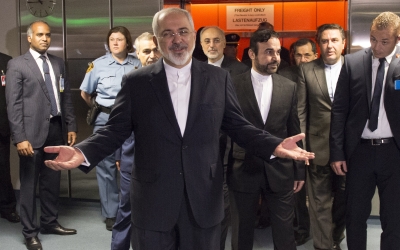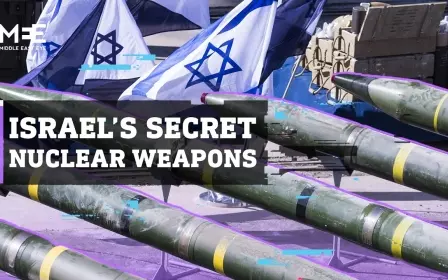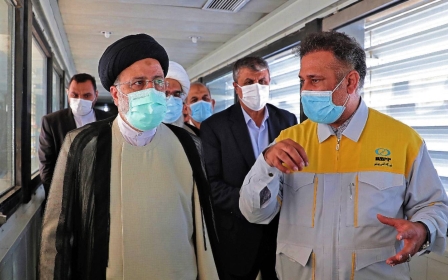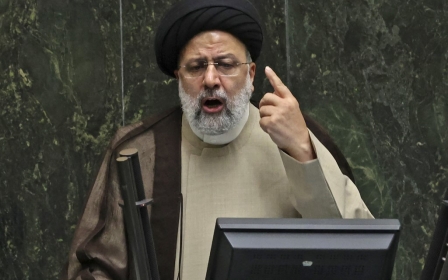Israel 'concerned' over Iran nuclear talks, says military option 'on the table'
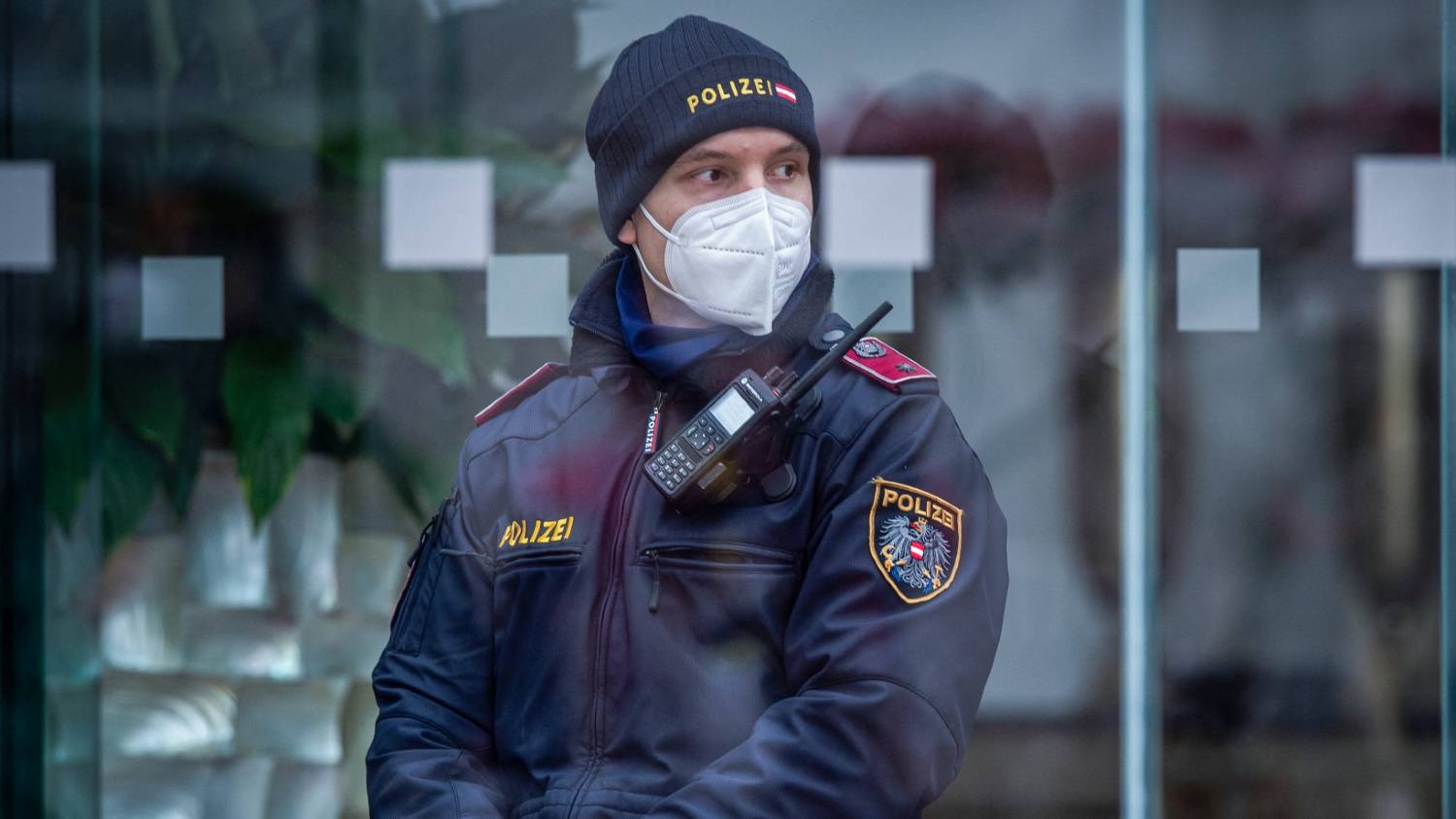
Israel's internal security minister on Tuesday expressed his country's "concern" over the talks currently underway in Vienna to reach a new nuclear deal between Iran and world powers.
Omer Bar-Lev told Maariv's Radio 103 that the 2018 US withdrawal from the Iran nuclear deal has made Iran "closer to nuclear capability today."
Following a months-long halt in talks, which resumed after President Joe Biden assumed office, officials from Iran and six other countries gathered in Vienna on Monday for talks in a bid to return to the 2015 agreement.
However, Israel has said it is alarmed at the restart of the talks, and more so about an agreement that could be "weak, and in favour of Iran".
Bar-Lev said in the interview that Israel is being left in the dark about some details of the nuclear talks taking place behind the scenes in Vienna.
"It is not so clear to us what the different positions of all those negotiating with [the Iranians] are," Bar-Lev said.
He said there was a sense of achievement for powers for the resumption of the talks on Monday, but "I do not know what it means and where it is leading.
"We are certainly very concerned about that because we are afraid that if an agreement is signed, they will return to an even weaker agreement and that is very disturbing," referring to the P5+1 countries, which include the United States, China, France, Russia, the UK and Germany.
The military option
Bar-Lev dismissed reports of Israel asking the Americans to concentrate military forces in the region during the talks, saying "I do not know of such a request."
He said that Israel should keep trying to convince the P5+1 states to return to "a longer and stronger agreement [with Iran]. That is our goal. They enriched uranium to 60 percent, they are on the verge of enriching 90 percent. We want to stop it."
He also said the US "does not do what Israel tells it to do," and that Israel should deal with the P5+1 countries' decision to walk the diplomatic path to reach a new deal with Iran.
The Israeli minister refused to go into details about an Israeli military option but said such a scenario is "available... obviously the option is on the table".
On Monday, the European Union, Iranian and Russian delegates expressed optimism at the seventh round of negotiations, which were conducted without the United States. Tehran has refused to meet directly with Washington.
One of the major issues on the table at the negotiations were the US sanctions that the Trump administration placed on Iran after it withdrew from the agreement. Tehran has consistently demanded the removal of all these sanctions, including those unrelated to its nuclear programme.
Washington, however, has previously said that it can only lift those sanctions that are inconsistent with the nuclear deal and that other sanctions would have to remain in place.
The Islamic Republic's top negotiator, Ali Bagheri Kani, said on Monday that all parties in Vienna agreed to first address sanctions before going on to talk about the terms of the nuclear agreement.
Middle East Eye delivers independent and unrivalled coverage and analysis of the Middle East, North Africa and beyond. To learn more about republishing this content and the associated fees, please fill out this form. More about MEE can be found here.


